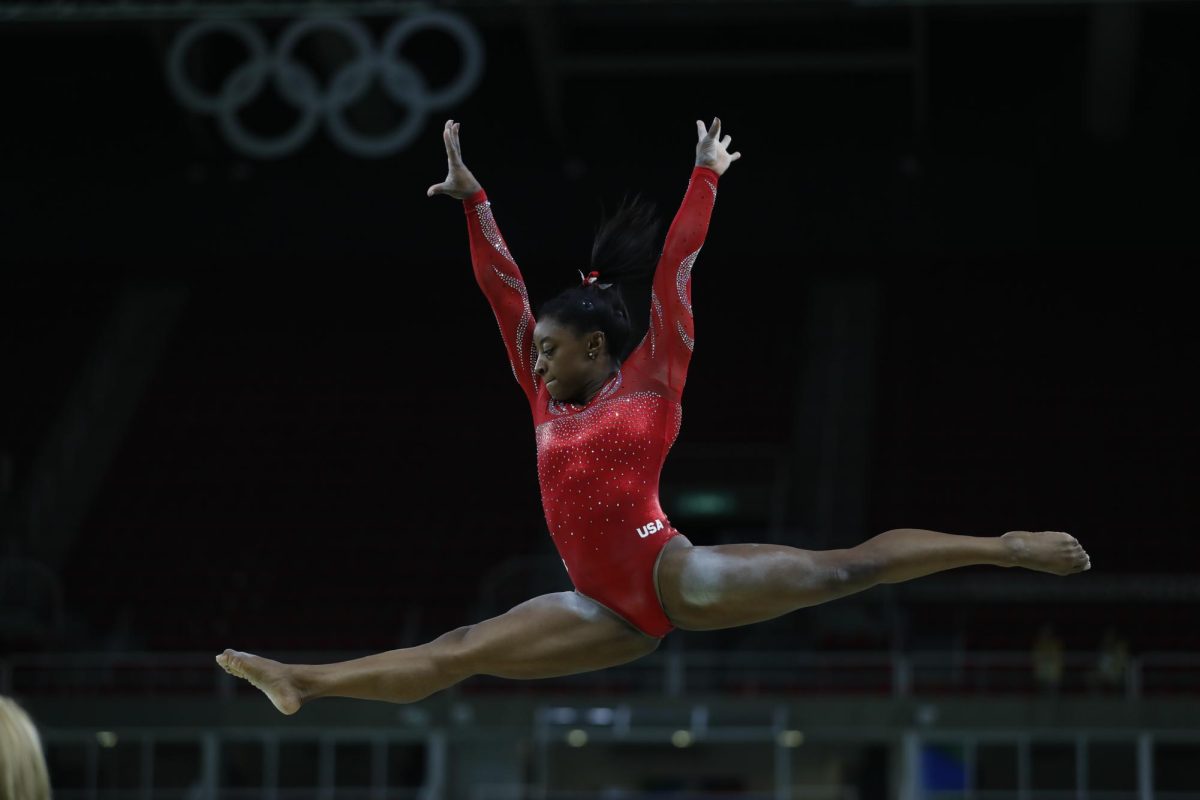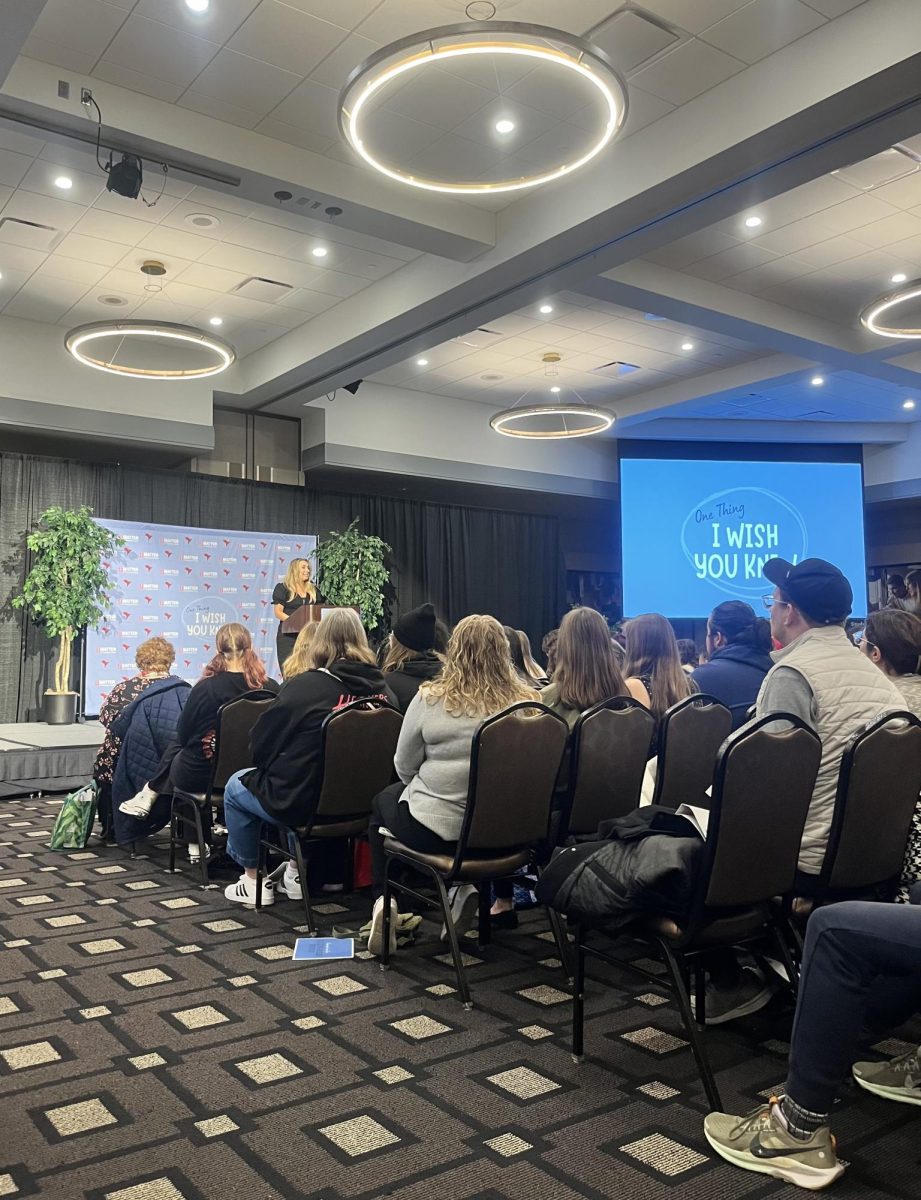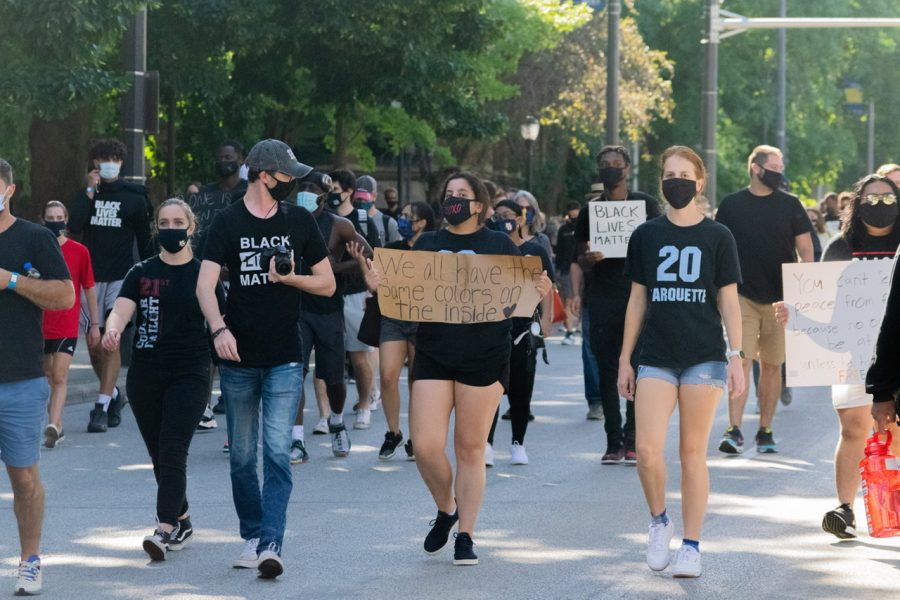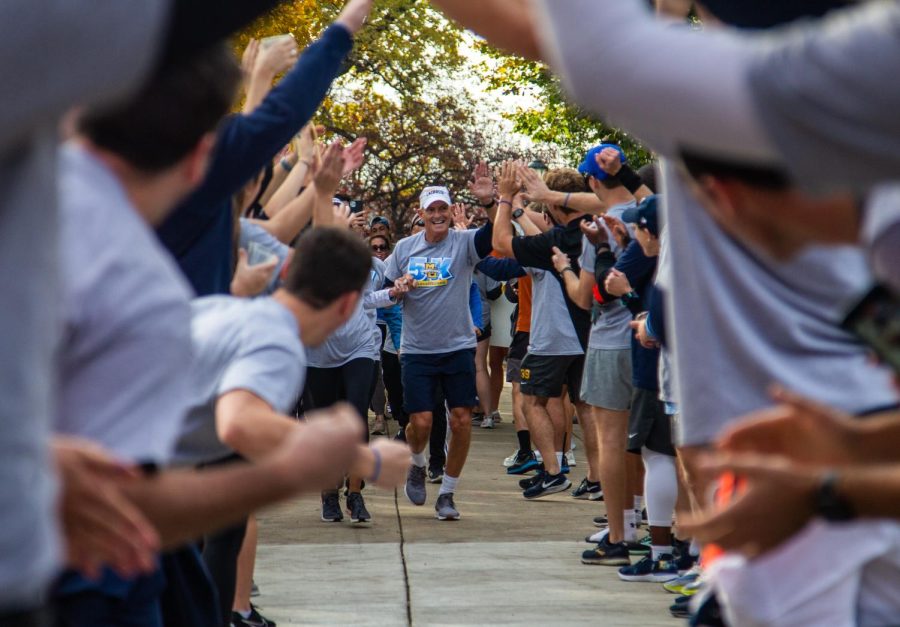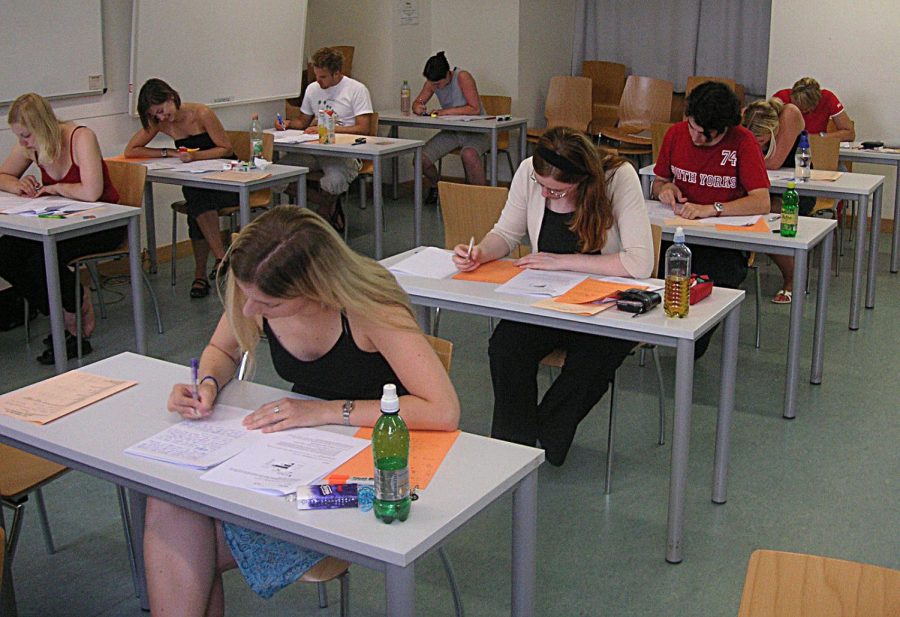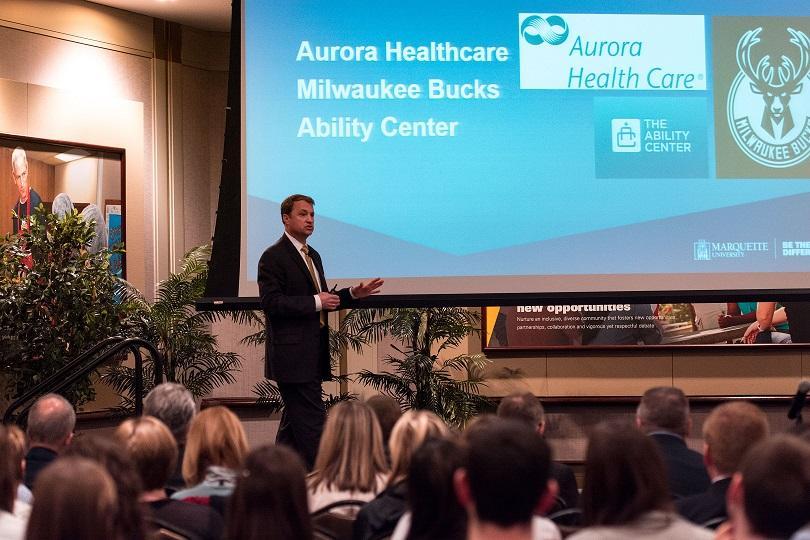Being a D1 athlete certainly has its benefits, however, when combined with pressure to perform well academically while managing a sports season, it can become a lot to handle.
There’s a lot that can be stress-inducing in the sports world: a difficult game, an upcoming championship or even the drawback of injury. Mental health resources should especially be available for student-athletes in the event of an injury, as it can be incredibly traumatic and lead to the depletion of their mental health.
An injury can lead to feelings of isolation, frustration, anger and a lack of motivation to continue playing the sport that was once loved. In combination, these emotions can lead to anxiety and depression, further hindering the healing process.
While not a student athlete, Olympic athlete Simone Biles withdrew from the 2020 Olympics to prioritize her mental health. After a performance that wasn’t up to par with her expectations, she felt it was best to focus on her mental health to prevent physical injury.
University sports programs around the country should take greater responsibility in looking out for their athletes’ well-being. Whether this is in the form of specific on-campus resources for student-athletes or a nationwide program promoting mental health preservation in athletes, there should be some type of universal policy in place that protects the well-being of these individuals.
Marquette University’s counseling center offers services in diverse areas and has clinicians who specialize in each, one of them being sports performance. Athletic performance is a large cause for mental health challenges in student-athletes, as the pressure to always perform as best as possible can be hard to keep up with.
There is currently an official NCAA document that lists what’s expected when supporting the mental health of student-athletes. The document was updated early this year and highlights the creation of a healthy environment as the first step to promoting mental health. This is the only current official policy in place and there is not yet any federal regulation regarding the topic.
Several universities have likely adopted some or all of the protocol listed on the document, however there is no current regulation in place requiring universities to abide by it. Marquette has a flowchart that closely follows what’s listed on the document, but with no universal reinforcement there’s no way to ensure student athletes across the nation are getting equal care.
While a lot of steps have been made towards protecting athletes’ mental health, there’s still a lot more that can be done. With students especially, preserving their love for their sport while also providing space for them to focus on academics is crucial to ensuring their well-being is always fulfilled.
Universities around the country should be making specific implementations to protect their athletes. While it’s not always possible to prevent a physical injury, a mental health crisis is avoidable through access to proper care and resources. If it’s not about accessibility, campuses have no excuse for lacking specific student-athlete resources.
It also helps to talk about it. Since Biles withdrew from the Olympics, conversations about athlete’s mental health have been on the rise. Reinforcing the notion that it’s okay to take a break for the sake of mental health will only help to resolve the pressures surrounding athletic performance.
This story was written by Lilly Peacock. She can be reached at lilly.peacock@marquette.edu or @lillypeacockMU on Twitter/X.


